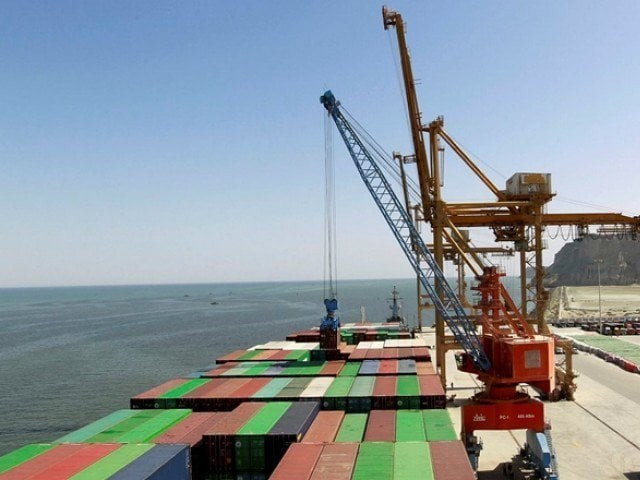China is no East India Company
In the World Bank’s 2018 ranking on Doing Business index, Pakistan’s overall position is 147

PHOTO:REUTERS
It is not terrorism alone that keeps both our friends and foes at arm’s length from Islamabad. In the World Bank’s 2018 ranking on Doing Business index, Pakistan’s overall position is 147.
CPEC rail project: Govt seeks to avoid financial risks in $9b deal
Economies are ranked on their ease of doing business, from 1–190. A high ease of doing business ranking means the regulatory environment is more conducive to the starting and operation of a local firm. The rankings are determined by sorting the aggregate distance to frontier scores on 10 topics, each consisting of several indicators, giving equal weight to each topic. For Pakistan:1) starting a business (142), 2) dealing with construction permits (141), 3) getting electricity (167), 4) registering property (170), 5) getting credit (105), 6) protecting minority interest (20), 7) paying taxes (172), 8) trading across borders (171), 9) enforcing contracts (156) and 10) resolving solvency (82).
But it is not terrorism and the lack of ease of doing business only that discourage Foreign Direct Investment (FDI) from coming to Pakistan, but also the fact that the members of our private sector with exceptions proving the rule are corrupt to the core. They don’t pay their legitimate taxes and pilfer with impunity all utilities, including water, electricity, gas, etc, and they also don’t pay the right emoluments to their employees. Not only this. You are asked for bribes, kickbacks and commission by every government official you come across in the process. One well-known real estate tycoon once confessed openly that he puts ‘wheels’ on the files that he wants to be moved up or down the decision-making chain.
In and out of context
So, despite all this if someone in his right senses actually brings his billions to this country, he would surely like to ensure a profit margin commensurate with the level of the overall risk. Besides, he would also ask for all kinds of concessions to overcome the hitches in ease of doing business as well as neutralise the advantages the local investors enjoy by evading taxes and pilfering utilities.
I do not know exactly what is in the fine print in the China-Pakistan Economic Corridor (CPEC) agreements signed between the Chinese government, which is bringing in $62 billion worth of investment (part of which is loan carrying commercial rates) into a high-risk country, and the government of Pakistan. What, however, I know is, all bilateral aid arrangements, whether with the US, Japan, the UK or Europe, entail conditions that take back at least 99 cents out of each aid dollar. If it is commodity aid, the commodity has to come from the donor country, no matter how expensive compared to the same available from other sources and it had to be shipped in the ships of donors no matter how high the freight charges are. If it is project aid, the consultants would also come from the donor countries as well as the equipment. Most ‘donors’ indulge in transfer pricing with total impunity. So, rich donors do behave like the East India Company, promoting their own commercial interests at the cost of the recipient. The US, at least, until the end of the Cold War had virtually become a neo-colonialist in the case of countries like Pakistan.
Imran to visit China in Nov to ‘discuss its progress’
One more thing. We lack enough skilled labour. We don’t have certified plumbers, trained electricians, trained bell-boys, and even trained gardeners, what to talk of skilled handymen. We don’t even produce enough engineers to fill the jobs that would open up as CPEC gets going in full steam.
That is perhaps why, China is seen bringing in its own trained manpower to complete at least the Gwadar seaport facilities and the economic zone that is supposed to take care of the last phase value addition before the finished and semi-finished goods are loaded on ships for export.
Published in The Express Tribune, September 15th, 2018.
Like Opinion & Editorial on Facebook, follow @ETOpEd on Twitter to receive all updates on all our daily pieces.














COMMENTS
Comments are moderated and generally will be posted if they are on-topic and not abusive.
For more information, please see our Comments FAQ